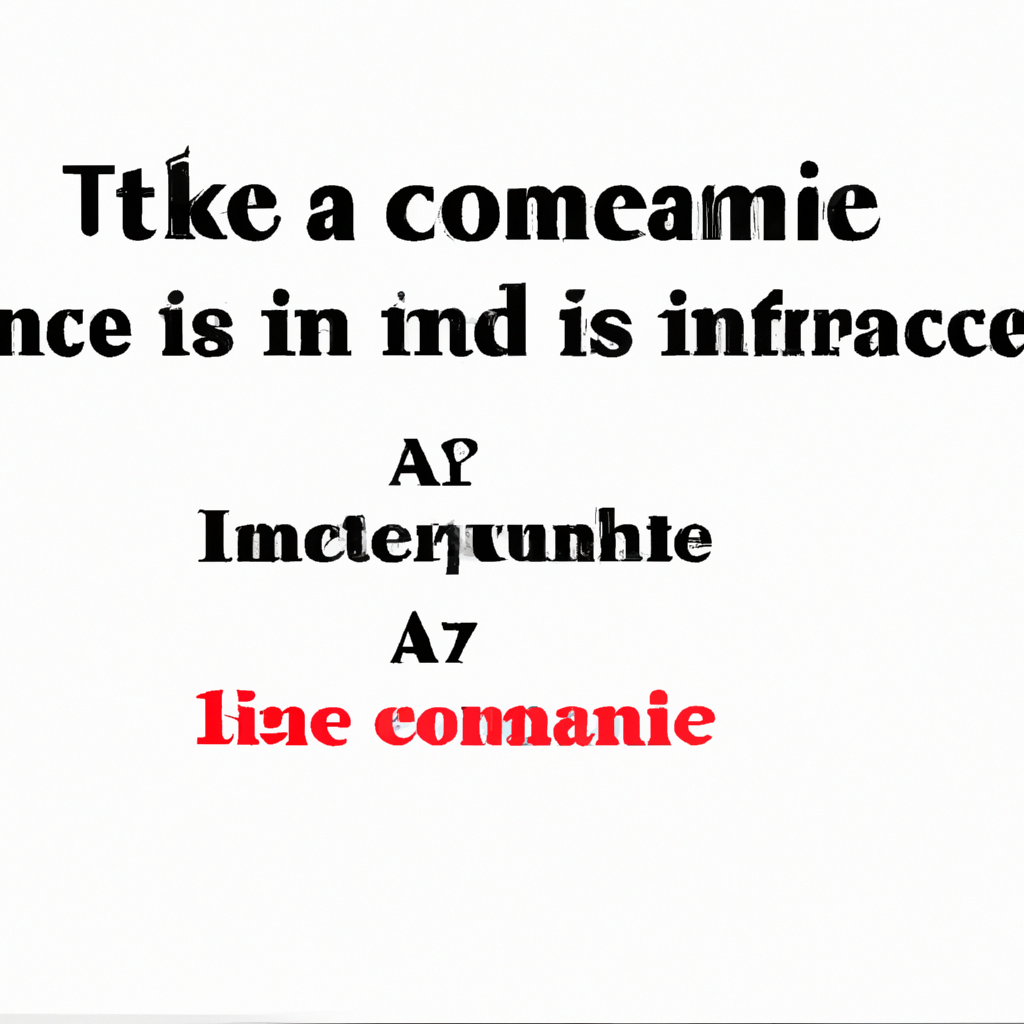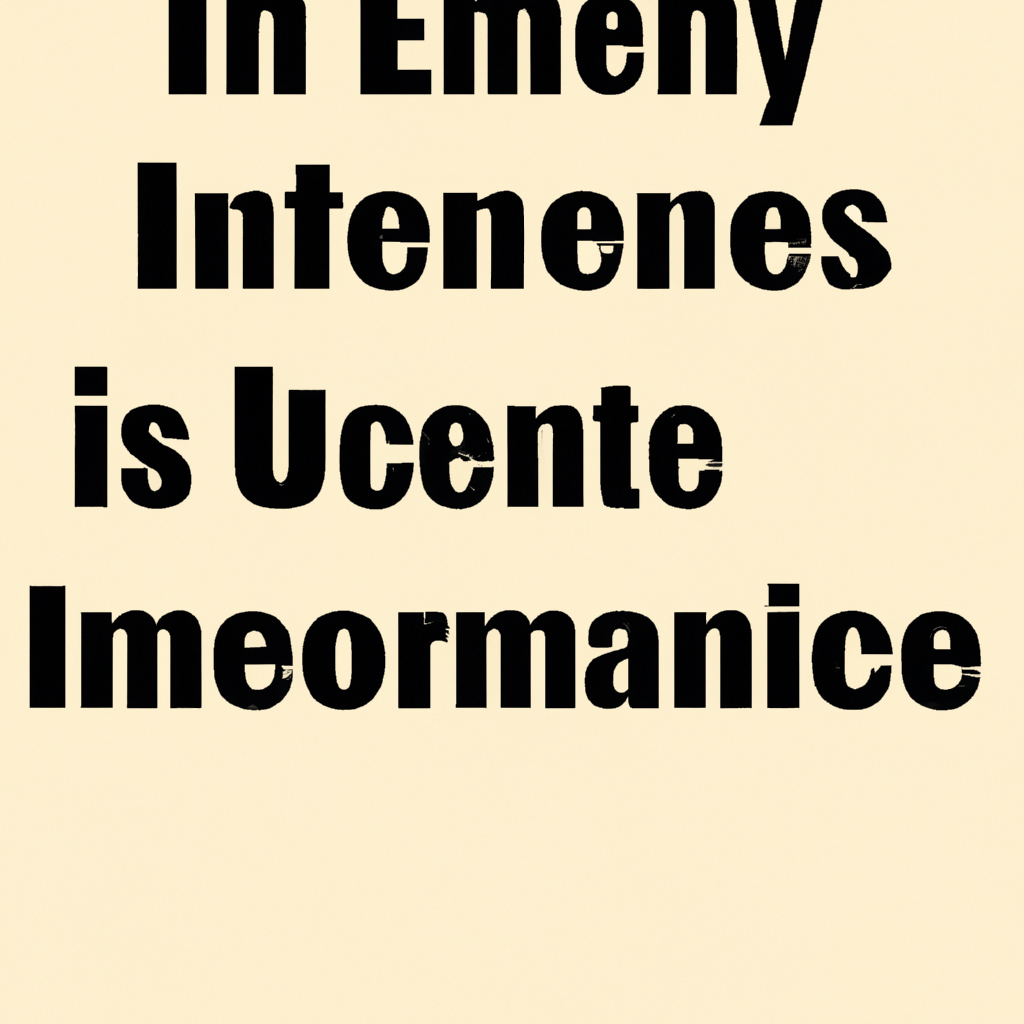Ethical Frameworks and Theories

Ethical frameworks guide decision-making by outlining principles. Utilitarianism emphasizes maximizing overall good outcomes. Deontological ethics prioritize duty and rules over consequences. Virtue ethics focus on character traits and moral integrity. Applying these theories helps navigate complex moral dilemmas. Personal values often influence ethical perspectives. The golden rule promotes treating others as desired to be treated. Ethical decision-making involves weighing options against established principles. Embracing diverse ethical views fosters a more inclusive society. Reflecting on moral beliefs aids in developing an ethical framework. Understanding various ethical theories leads to more informed and conscientious choices. Integrating ethics into everyday decisions shapes a more responsible and compassionate world.
Read more
Economic theories and models of wealth redistribution

Economic theories and models of wealth redistribution examine how to distribute wealth more equitably across society. These theories propose various mechanisms, such as progressive taxation, government programs, and welfare policies, to reduce income inequality. One such model is the social democracy approach, which combines free market capitalism with a strong welfare state. It aims to provide citizens with equal opportunities and access to essential services. Another model is a wealth tax, which targets the richest individuals and redistributes their wealth to support social programs. These models aim to address the concentration of wealth in the hands of a few and promote a fairer distribution of resources among all members of society.
Read more
Theories of income inequality

There are various theories put forth to explain income inequality. One theory is the human capital theory, which suggests that individuals with higher levels of education, skills, and experience have a greater earning potential, while those with less education and skills face lower wages. Another theory is the neoclassical theory, which posits that income inequality is a natural outcome of market forces such as supply and demand, with individuals being rewarded based on their productivity. Additionally, the Marxist theory argues that income inequality stems from the unequal distribution of wealth and power in capitalist societies. These theories provide different perspectives on the complex factors contributing to income inequality.
Read more
Economic theories and perspectives on income inequality

Economic theories and perspectives on income inequality have long been a topic of interest and debate among economists and policymakers. One such theory is the neoclassical perspective, which argues that income inequality is a natural outcome of competitive markets and individual differences in skills and abilities. On the other hand, the Marxist perspective emphasizes the role of class struggle and capitalist exploitation as the primary drivers of income inequality. Additionally, the institutional perspective emphasizes the impact of social and economic institutions, such as labor market regulations, taxation policies, and welfare programs, on income distribution. These different theories provide valuable insights into the causes and potential solutions for income inequality, shaping the policy discourse around this issue.
Read more












